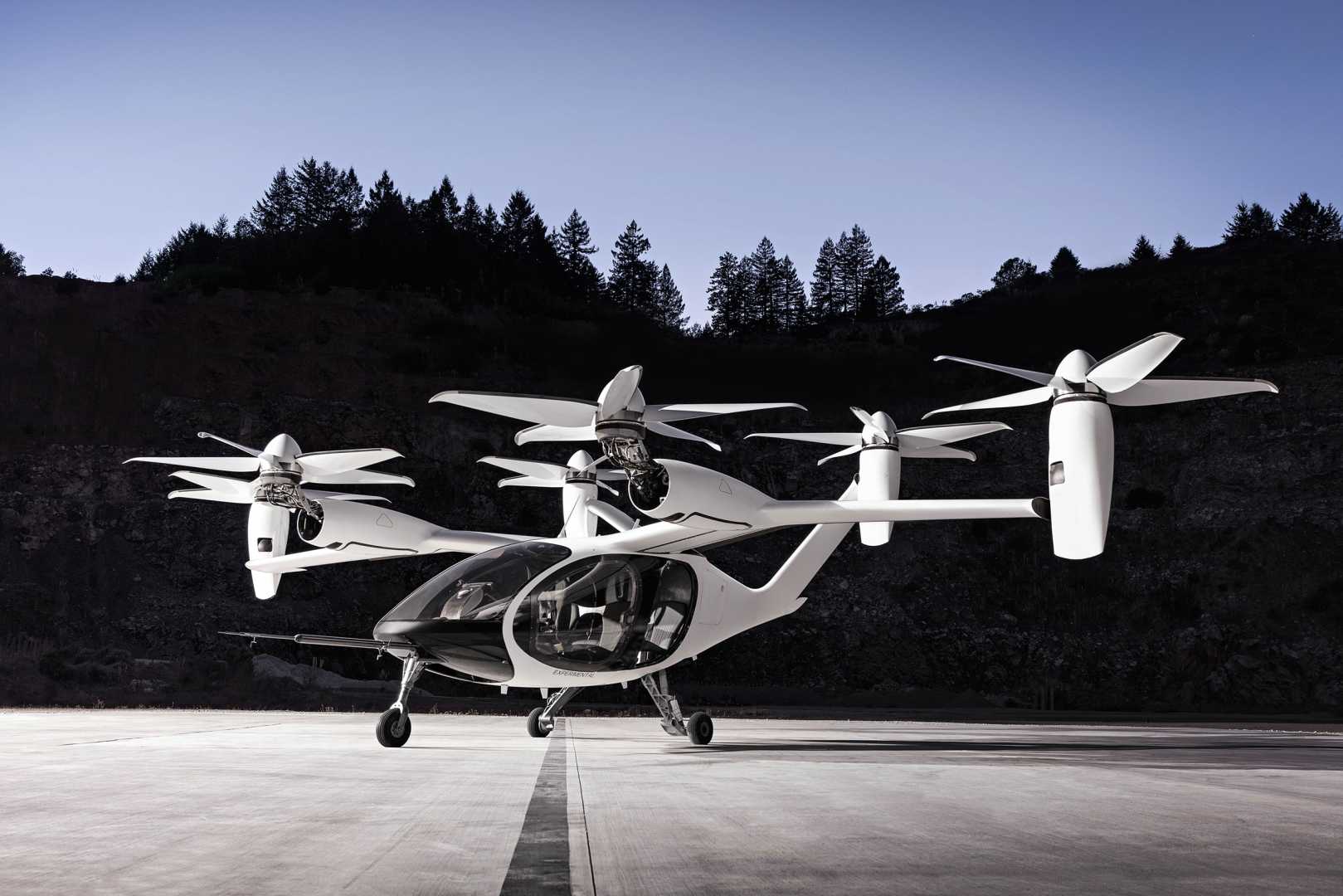Business
Joby Aviation Faces Challenges Despite Ambitious eVTOL Goals

Menlo Park, California – Investors are eager for Joby Aviation, a developer of electric vertical takeoff and landing (eVTOL) aircraft, to see greater success in the market. Since its public debut through a merger with a special purpose acquisition company nearly four years ago, Joby’s stock has seen limited growth, opening at $10.62 and rising slightly to around $11 as of July 15, 2025.
The company’s struggles are attributed to a lack of revenue, significant losses, and high valuations. Joby has faced macroeconomic challenges such as elevated interest rates and tariffs, which have harmed investor sentiment. However, there remains a glimmer of hope for the stock as analysts ponder whether Joby could finally take off.
Joby’s flagship eVTOL aircraft, the S4, is designed to carry a pilot and four passengers, achieving a travel range of 100 miles at speeds up to 200 mph. The company is also working on a hydrogen-powered variant that can charge faster and travel five times as far. Currently, Joby operates five aircraft in its test fleet, including a hydrogen-powered S4, and anticipates the eVTOL aircraft market to become greener and more affordable than traditional helicopters.
Partnerships with major companies such as Toyota and Delta Air Lines signal strong backing. Delta, in collaboration with Uber, intends to launch air taxi services using Joby’s S4 in New York and Los Angeles within the next few years. However, the success of these plans is dependent on the Federal Aviation Administration granting full approval for commercial passenger flights, a decision expected in late 2025 or early 2026.
Joby holds a $131 million contract with the U.S. Department of Defense to supply up to nine eVTOL aircraft to the U.S. Air Force. To date, Joby has delivered the first two units to Edwards Air Force Base, with plans to ship two more to MacDill Air Force Base later this year. The company has also successfully tested flights in South Korea, Japan, and the U.A.E., marking its entry into international markets with plans to begin air taxi operations in Dubai by early 2026.
Despite optimistic expectations of revenue growth prior to going public, Joby only generated $136,000 in 2024 due to disappointingly low contract revenues and a staggering net loss of $608 million. Analysts predict only $2 million in revenue for 2025, as Joby attempts to narrow its losses to $543 million, mainly from its military contracts and test flights.
If Joby secures FAA approval and expands its services abroad, some analysts foresee a possible revenue surge, projecting it could reach $60 million in 2026 and $213 million in 2027. However, the outlook remains cautious as the company is expected to remain in the red while scaling up.
Joby’s financial position is bolstered by significant funding, having raised over $1 billion last year, which includes investments from Toyota and public offerings. The company ended its latest quarter with $813 million in cash and a low debt-to-equity ratio of 0.26, indicating it has room for further financing.
While Joby could potentially grow substantially within the emerging eVTOL market, some analysts are wary of its high valuation. With a market cap of $9.59 billion, Joby trades at 45 times its expected revenue for 2027, whereas competitors like Archer Aviation are valued at 15 times their projected revenue.
As Joby Aviation seeks to carve out a niche in an evolving industry, the market remains skeptical. Investors interested in Joby should proceed cautiously, as uncertainties persist about the company’s trajectory amid broader market fluctuations.












